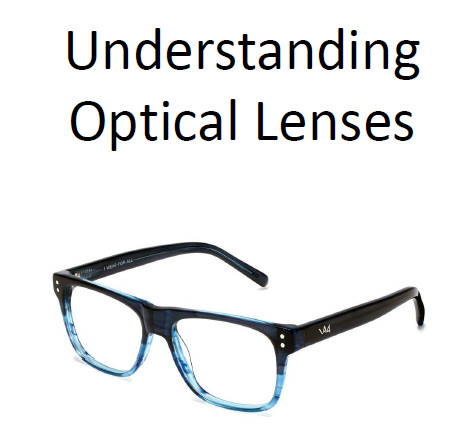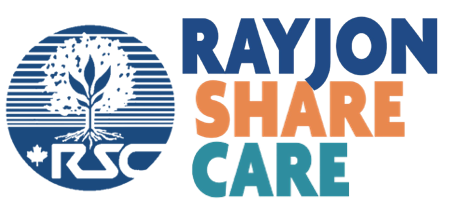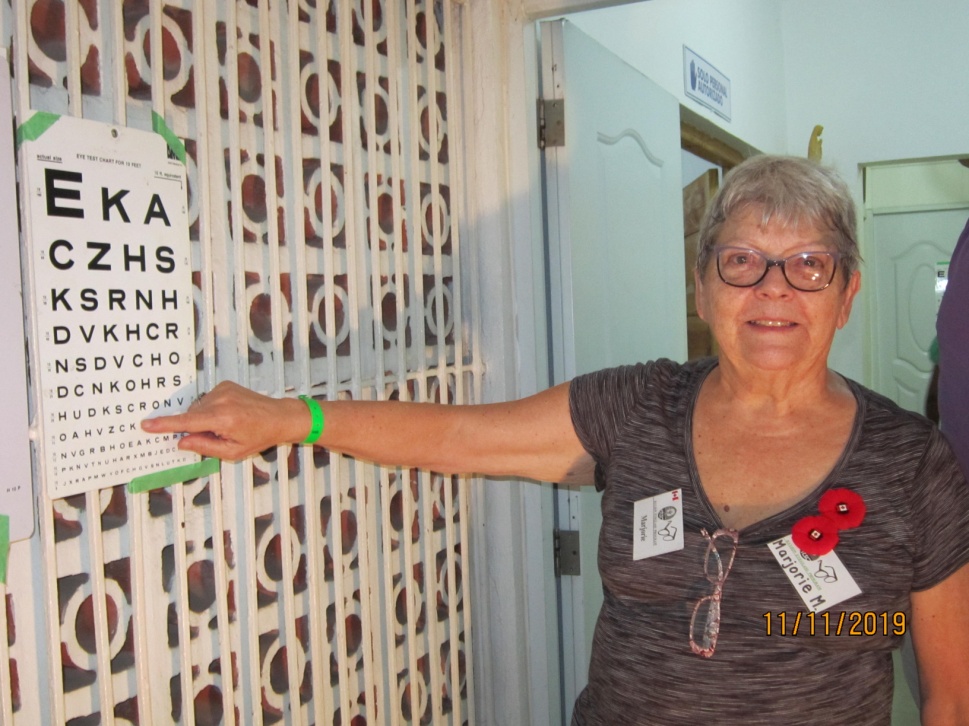Eyeglass Program
The Eyeglass Program was developed in response to a need for vision care identified in the countries visited as part of other Rayjon programs. The purpose of the program is to provide vision correction for those unable to afford or obtain either the examination or the eyeglasses they need.
Clinics are organized each year in developing countries. Optometric professionals and support staff are recruited to conduct the clinics. Donated eyeglasses are prepared for distribution in developing countries. Volunteers are trained as Eyeglass Team members. For more information about participating in an Eyeglass Trip, please Contact us.
Rayjon Eyeglass Program Manager: Bob Topliffe
Eyeglass Clinics
The eyeglass team actively seeks hosts for eyeglass clinics. Suggestions are encouraged from those with contacts in areas of need. Service clubs are requested to send information about our Eyeglass Program to club affiliates in countries of Latin America or the Caribbean. A minimum of two clinics are planned annually. The eyeglass program manager works with a sponsor in the host country to secure necessary approval from the Ministry of Health and the Customers Department of the host country.
Since the first clinic in 1993, Rayjon eyeglass teams have provided vision examinations for over 26,000 patients and eyeglasses for over 20,000. When necessary, patients are referred for specialized follow-up care for surgical/cataract needs.
Statistics All Eyeglass Clinics to April 23 2023
We’re grateful for supportive partners and companies that provide us with discount or donated lenses for difficult to fill prescriptions. Special thanks to Georgian College’s Opticianry program for the many specialized lenses they have supplied for patients that we otherwise could not assist!
A typical team includes Canadian optometrists and a support staff of volunteers. We are always in need of optometrists and other eye care professionals. For more information about participating in an Eyeglass Trip please Contact us.
Eyeglass Collection and Preparation
Donated eyeglasses are washed and inspected for flaws by volunteers who also read the lens prescription of the glasses on a regular basis. A Workshop is organized in June to sort and list prescriptions by computer inventory. The glasses are packed by category into storage cartons ready for a trip to our host site.
Donations of eyeglasses can be left at the following locations:
- Grace United Church, 990 Cathcart Blvd., Sarnia, Mon-Fri 9:00 am – 1:00 pm
- Sacred Heart Roman Catholic Church, 1465 Lecaron Ave, Sarnia, Tues-Fri 8:30 am – 12:30 pm and 2:00 – 4:00 pm
- In Focus Eyecare, (Dr. Gerry Day & Associates), 1206 Lakeshore Rd., Sarnia, 226-778-7529
- In Focus Eyecare, 120 Vidal St. N., Sarnia, 226-778-2257
- FYidoctors, 1109 Lambton Mall Rd., Sarnia, 519-332-1636
- Ironworks Health & Wellness Centre, 611 St. Clair St., Point Edward, 519-336-6867
SPECIAL NEEDS:
We are especially seeking the following prescriptions types:
- Low power lenses for both distance and near vision correction. Typically younger people wear glasses with lower power prescriptions.
- Plus (+) sphere lenses to correct near vision with lens powers: +0.25, +0.50, +0.75, +1.00, 1.25
- Minus (-) sphere lenses to correct distance vision with lens powers: -0.25, -0.50. -0.75, -1.00, -1.25 (including bifocals with low power distance lenses
- Non-prescription SUNGLASSES, with polarized lenses. People living in the hemisphere experience eyestrain from excessive exposure to sunlight. Sunglasses can be donated at the above above locations.
Or, contact Mary Weerdenburg (Rayjon volunteer) at [email protected] or 226-886-2537. Mary can will arrange to have the glasses picked up if necessary.
TRIPS
For more information about participating in an Eyeglass Trip please Contact us.
FUNDING
Eyeglass team members are individually responsible for their own transportation costs, meals and accommodation during a trip. The eyeglass program operates through the generosity of the volunteers and Rayjon donors who directly support the eyeglass program.
I Can See Clearly Now: The Rayjon Share Care Story is a documentary about the Eyeglass Program.
It was produced under the direction of Eyeglass Program Manager Joanne Atkinson with the cooperation of CKCO in Kitchener.
Pairs of prescription eyeglasses prescribed & fitted in 9 countries
The Eyeglass Program has been featured in the award-winning Transformations Photojournalism initiative.
Rayjon Eyeglass Clinics are full of smiles as patients receive their new glasses. But the woman in the video below brought something new:





